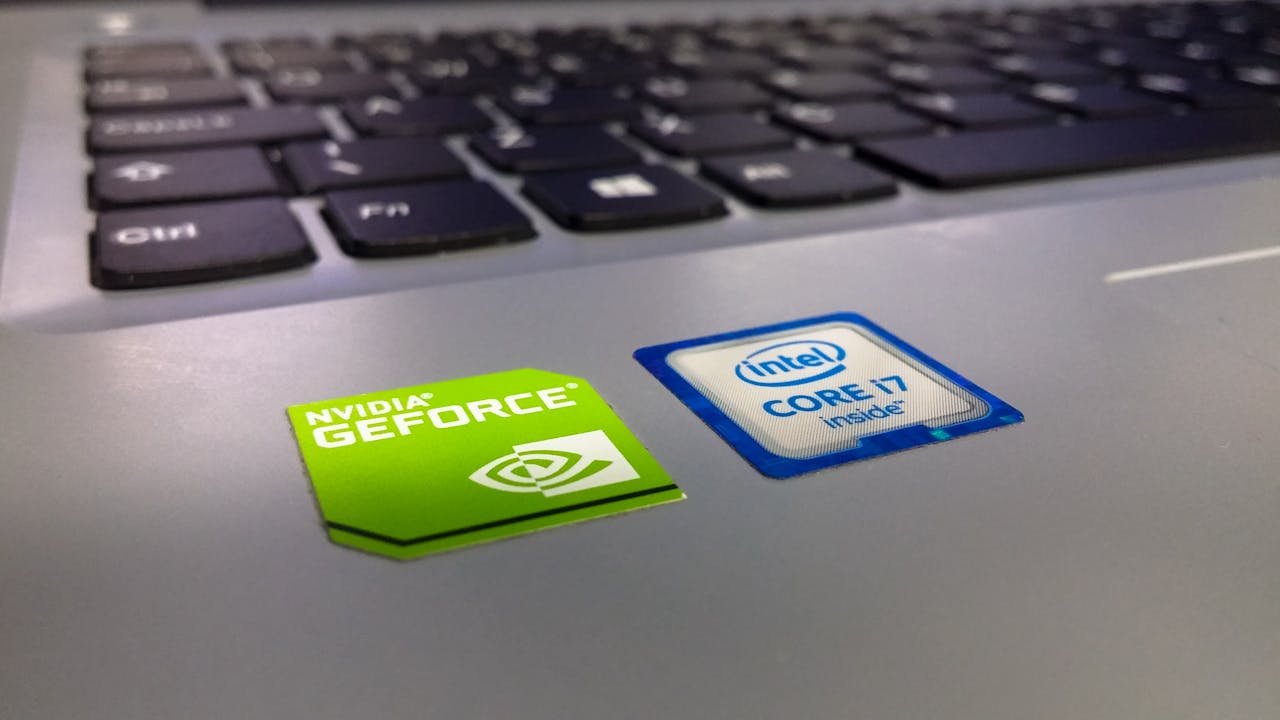In the ever-evolving landscape of technology, missing the next big opportunity can be a costly mistake. Intel, once a dominant force in the semiconductor industry, experienced such a moment between 2017 and 2018. During this period, Intel had the chance to acquire a 15% stake in OpenAI for $1 billion, with an additional 15% stake available in exchange for providing hardware at cost. At the time, OpenAI was a fledgling non-profit focused on generative AI, a field that was still relatively obscure.
However, under the leadership of then-CEO Bob Swan, Intel decided against the investment. The decision was based on skepticism about the near-term returns of generative AI, reflecting a broader challenge that established tech giants often face: balancing short-term financial goals with long-term strategic investments in emerging technologies.
The consequences of this decision have become glaringly evident in 2024. OpenAI, now valued at approximately $80 billion, has emerged as a key player in the AI revolution, largely due to its groundbreaking ChatGPT platform. In contrast, Intel finds itself lagging behind in the AI chip market, overshadowed by rivals like Nvidia, whose market cap has soared to $2.6 trillion.
This missed opportunity is not an isolated incident for Intel. The company previously declined to produce processors for Apple’s iPhone, which further illustrates a pattern of hesitancy to engage with transformative technologies. These decisions have contributed to Intel’s decline from an industry leader to a company struggling to stay relevant in a rapidly advancing market.
Intel’s financial performance reflects this downward trajectory. The company’s market value has dipped below $100 billion for the first time in three decades, and it recently announced plans to cut over 15% of its workforce following disappointing earnings. While Intel is gearing up to launch its third-generation Gaudi AI chip later this year, the question remains whether this will be enough to regain its footing in the highly competitive AI hardware market.
The story of Intel’s missed opportunity with OpenAI serves as a cautionary tale for tech companies. In an era where AI is reshaping industries and creating new markets, the ability to identify and invest in emerging technologies early is crucial for maintaining a competitive edge. Intel’s cautious approach to generative AI may have cost the company dearly, offering a valuable lesson for corporate leaders navigating the uncertainties of technological innovation.
As Intel looks to the future, it faces significant challenges in reestablishing itself as a leader in the AI chip market. The company’s upcoming AI-focused processors for PCs and servers, expected in 2025, signal a renewed commitment to this space. However, it remains to be seen whether these efforts will be sufficient to close the gap with competitors who seized the AI opportunity earlier.
Intel’s journey from a pioneering giant to a company playing catch-up underscores the risks of short-term thinking in the tech industry. As we stand on the brink of the AI revolution, the question remains: Can Intel reinvent itself once again, or will it be left behind in the wake of the very future it once helped to create?






